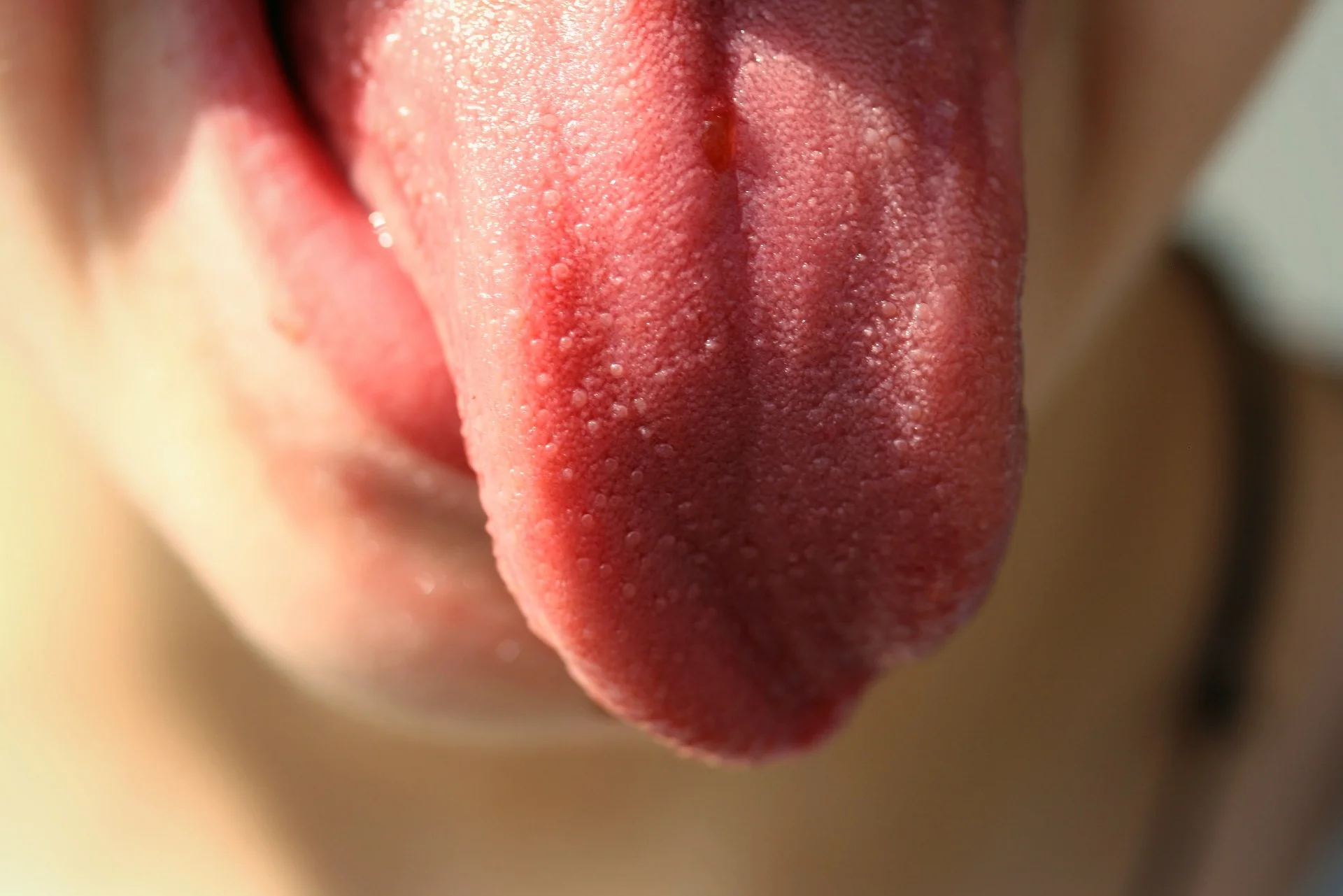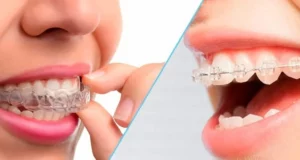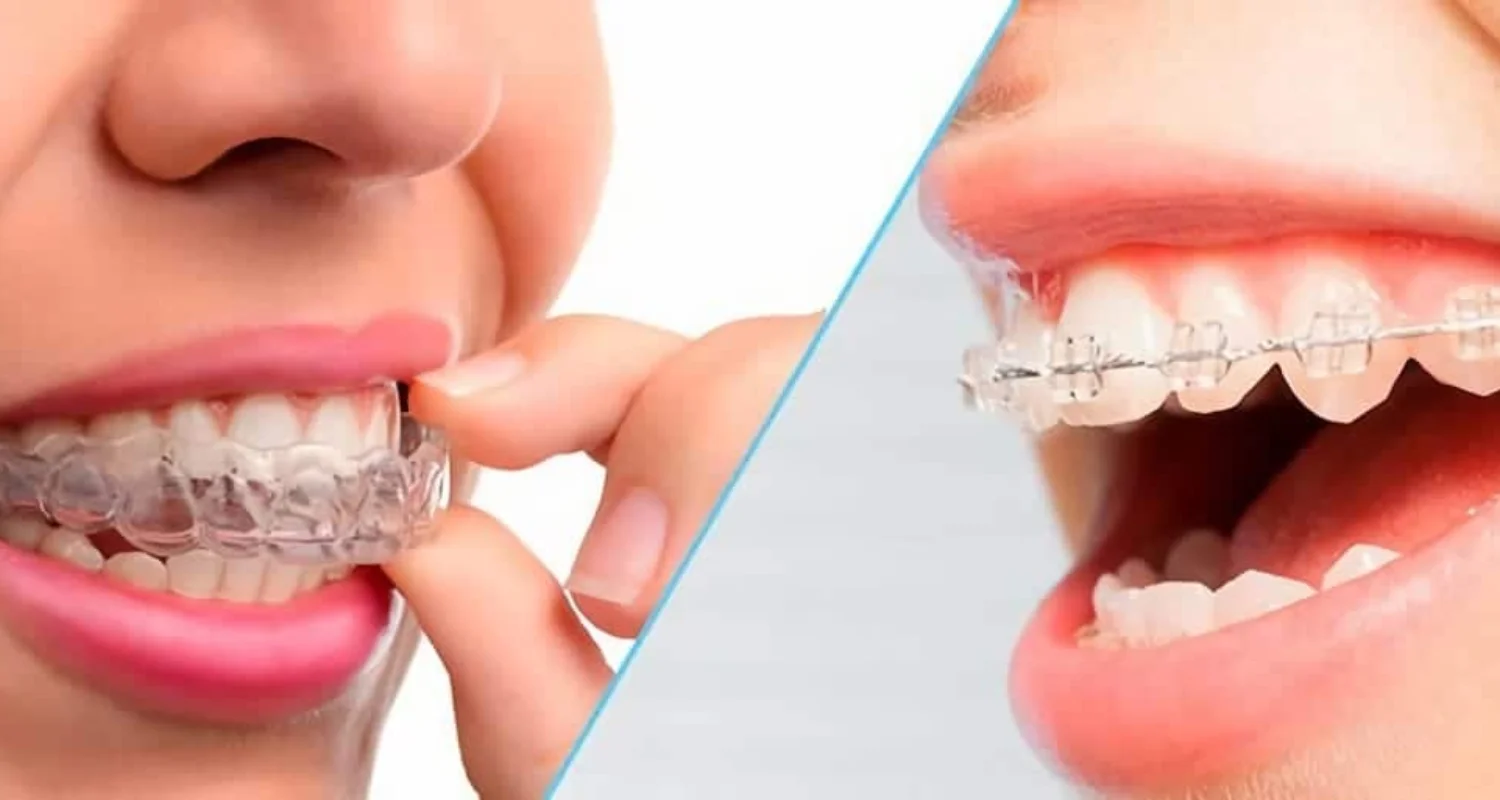Last Updated on: 27th June 2024, 08:51 am
✓ Fact Checked 🕓
❙ Our team of writers, editors, and medical experts rigorously evaluates each article to ensure the information is accurate and exclusively cites reputable sources.
❙ We regularly assess how the content in this article aligns with current scientific literature and expert recommendations in order to provide the most up-to-date research.
Carvedilol and Xerostomia: A Crucial Link between Cardiology and Oral Health
In the world of medicine, the relationship between heart health and oral health often goes unnoticed. This article delves into how Carvedilol, a medication used to treat heart failure and high blood pressure, can influence oral health, with a particular focus on xerostomia, or dry mouth.
What are Heart Failure and Blood Pressure?
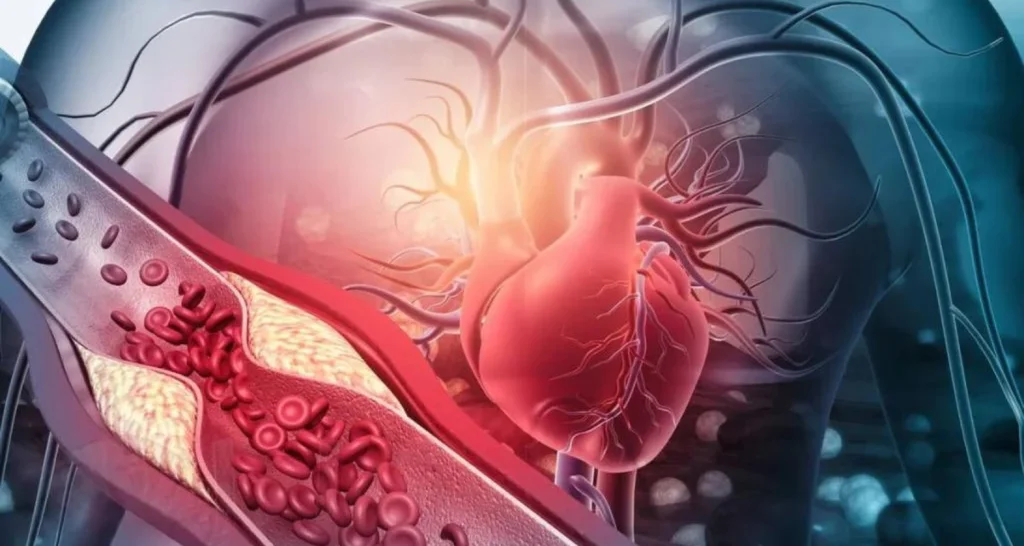
Definition and causes
Heart failure (HF) is a chronic condition in which the heart cannot pump blood efficiently. This can result in fluid buildup in different parts of the body, such as the lungs, liver, and extremities. The most common causes include cardiovascular diseases, thyroid disorders, and severe anemia, among others. Symptoms can range from fatigue and fainting to breathing difficulties.
Symptoms and association with high blood pressure
Additionally, HF is frequently associated with high blood pressure, a disorder where blood pressure in the arteries is dangerously high, which can cause damage to various organs and lead to heart, cerebrovascular, and kidney diseases.
Effects of heart failure on oral health
Changes in blood flow and fluid buildup can negatively affect oral health. This phenomenon can increase the risk of dental diseases, such as periodontitis, and complicate untreated high blood pressure.
Quinapril aids in the expansion of blood vessels, thereby helping to lower blood pressure and consequently decreasing the likelihood of cardiovascular issues linked to hypertension.
Carvedilol: Definition and Functions
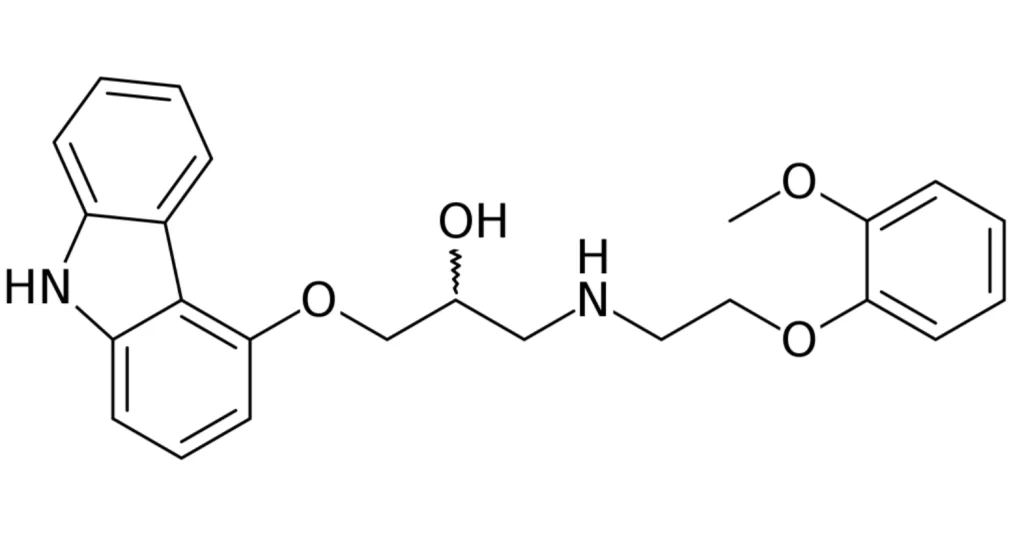
What is Carvedilol?
Carvedilol is a medication that belongs to the beta-blocker class. It works by relaxing and dilating blood vessels, which helps reduce blood pressure and heart rate. Its use or medical indication is frequent due to its vasodilatory and antihypertensive properties.
Benefits and side effects
Despite its benefits, Carvedilol can have side effects, with xerostomia being one of the most common, especially in older patients. This condition may be a direct effect of the medication or the result of inadequate blood pressure control.
Saliva and xerostomia
Importance of saliva
Saliva is essential for oral health, facilitating digestion and protecting teeth. Approximately 1 to 1.5 liters are produced per day, playing a vital role in the function of the mouth.
Definition and causes of Xerostomia
Xerostomia is characterized by a significant decrease in saliva production. It can be a symptom of different health conditions and is a common side effect of several medications, including Carvedilol. The most common signs and symptoms to identify xerostomia are viscous, sticky, foamy saliva, difficulty speaking and swallowing, dry lips, tongue, and mucous membranes, halitosis (bad breath), traumatic oral injuries, fissures, and a decapitated tongue, among others.
Management and Prevention of Xerostomia
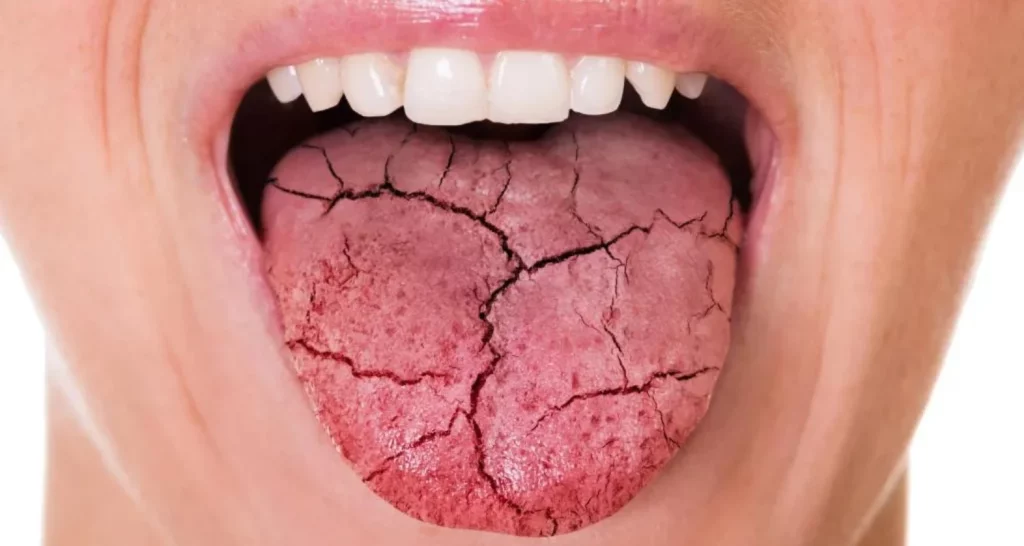
General recommendations
To combat xerostomia, it is recommended to chew sugarless gum, limit caffeine and alcohol intake, and stay hydrated. It is also advisable to avoid antihistamines and nasal decongestants, which can aggravate dry mouth.
Depending upon the cause of xerostomia, it is possible to manage it in different ways and thus avoid other oral health complications such as cavities and gingivitis. Some of the additional recommendations may be:
● Chew sugarless gum (to avoid cavities) but not if you have gastroesophageal reflux.
● Do use mouthwashes that contain alcohol.
● Give up smoking.
● Drink water regularly (if you have cardiovascular problems, consult your doctor first).
● Salivary substitutes (check with your dentist).
● Breathe through your nose.
Specific advice for patients with heart failure
Heart failure patients must consult their doctors before making changes to their medication regimen or diet, to ensure these changes do not negatively affect their heart condition.
Prevention
Saliva is very important to keep the mouth and teeth healthy; for this reason, we always recommend the following steps that allow you to have a beautiful smile and good oral health.
● Avoid sugary and acidic foods and drinks: they increase the risk of cavities.
● Brush your teeth with fluoride toothpaste: Always ask the dentist if it is favorable and which would be the most appropriate.
● Use a fluoride mouthwash or fluoride gel before going to bed. Sometimes, a custom fluoride applicator (made by your dentist) will make it more effective.
● Visit your dentist at least twice a year to detect and treat cavities or any other dental problem.
Conclusion
Recognizing the connection between heart health and oral health is essential. Proper management of xerostomia not only improves the patient’s quality of life but also contributes to better control of cardiac and general health.
Frequently Asked Questions
Is Xerostomia a common side effect of beta blockers?
Unfortunately, beta blockers, including medications such as propranolol, are among the pharmacological groups most associated with xerostomia or dry mouth. If you suspect that your anti-anxiety medication or any other drug might be causing dry mouth symptoms, it is important to talk to your doctor.
Can Carvedilol cause other oral problems besides xerostomia?
Yes, it can affect taste and cause other oral disorders.
If I have xerostomia due to Carvedilol, what should I do?
Consult your doctor to adjust your medication or find alternative treatments for xerostomia.
Can beta blockers cause thirst?
People who use beta blockers are at high risk of dehydration. It’s crucial to be alert for signs such as intense thirst, tiredness, increased heart rate and body temperature, as well as reduced sweating. It is important to stay hydrated, especially if you are also taking diuretics and don’t forget to constantly replenish your water bottle.
How does heart failure affect my oral health?
It can alter blood flow and electrolytes in the mouth, exacerbating oral problems.
Are there alternatives to Carvedilol that do not cause xerostomia?
There are other therapeutic options available. Consult with your doctor to find the most suitable one.
At what time should Carvedilol use be discontinued?
It is imperative not to discontinue treatment with Carvedilol without the advice of a doctor. Abruptly stopping this medication may trigger severe heart complications, including acute chest pain, heart attack, or arrhythmias. It is best for your doctor to reduce the dose gradually, over one or two weeks.
Share:
References
1. BUS National Library of Medicine (May, 2022). Heart failure. MedlinePlus medical encyclopedia https://medlineplus.gov/ency/article/000158.htm#:~:text=Heart%20failure%20is%20most%20often,heart%20also%20can%20be%20involved.
2. U.S. National Library of Medicine. (Jan, 2023). Arterial hypertension. MedlinePlus medical encyclopedia.https://medlineplus.gov/spanish/ency/article/000468.htm
3. ADA. (n/d). Hypertension (High Blood Pressure). Department of Scientific Information, Evidence Synthesis & Translation Research, Science & Research Institute L. https://www.ada.org/en/member-center/oral-health-topics/hypertension
4. Spanish Agency for Medicines and Health Products (AEMPS). (Jun, 2014). Technical sheet for Carvedilol users. CIMA: Drug Information Center.https://cima.aemps.es/cima/pdfs/es/p/66921/66921_p.pdf
5. De Luca Monasterios FM, Roselló Llabrés X. Etiopathogenesis and diagnosis of dry mouth. Av. Odontostomatol 2014; 30 (3): 121-128. https://scielo.isciii.es/pdf/odonto/v30n3/original2.pdf
6. Thomas J. Salinas DDS. (Aug, 2023).Dry mouth treatment: tips to control dry mouth. Mayo Clinic.https://www.mayoclinic.org/es-es/diseases-conditions/dry-mouth/expert-answers/dry-mouth/faq-20058424


